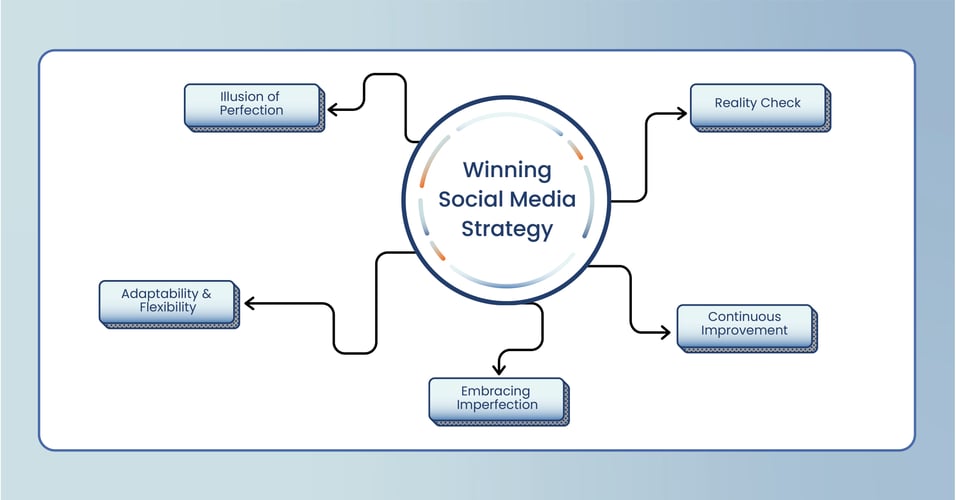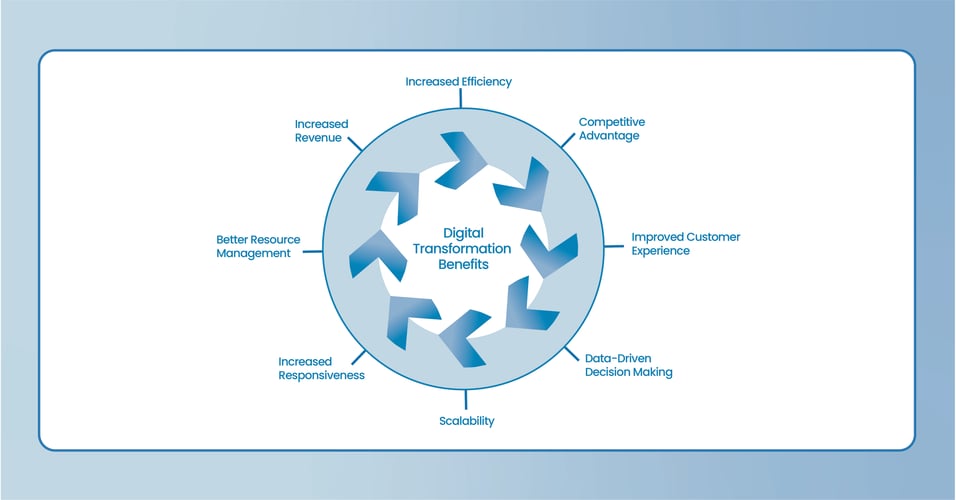The Search is Over—Literally.
Google’s AI is rewriting the rules of search, providing users with answers directly on search result pages. No clicks, no website visits—just instant information. For marketers, this shift can mean fewer visitors, but it also opens new doors for those who adapt.
In this blog, we’ll dive into how this change impacts your marketing strategy, why focusing on long-tail keywords is more important than ever, and how you can optimize content for featured snippets and voice search. By the end, you'll know exactly how to navigate the no-click world and keep your brand visible in the age of AI.
Google’s AI Overview:
As Google leans into its “no-click” initiative, it aims to leverage its new LLM, Gemini, to create succinct answers at the top of the header, reducing the clicks needed by a user to find the information they’re looking for. In essence, Google is looking to provide users with immediate answers directly on search engine results pages (SERPs), eliminating the need for them to click through to a website. This approach leverages aspects like featured snippets, knowledge panels, and rich snippets, which display concise, relevant information in response to user queries.

How Will This Affect Marketers?
This update to Google’s UX completely changes how marketer's approach common searches with clear-cut answers, such as “How does Wi-Fi work?” or “Why is the sky blue?”. However, this opens an entirely new door for opinion pieces, as marketers will need to add a human element to their work to remain relevant and meet query demands. This shift is likely to lead to a decline in organic traffic for more content-based strategies.
Long-tail keywords will become increasingly important. By optimizing content to appear in these niche, prominent positions, marketers can leverage their SEO efforts to increase visibility and brand authority, even without generating traditional website traffic. New-age zero-click marketing will require an incredibly strong understanding of user intent, with a focus on delivering high-quality, structured content that meets the search engine's criteria for direct answers.
How do I tailor my Digital Marketing Strategy in the world of AI?
- Answering Niche Questions: Put an intentional effort into creating content that answers specific, niche questions your target audience might have. This increases the chances of your content being featured in snippets, capturing user attention directly on the SERP.
- Long-Tail Keywords: Emphasize targeting long-tail keywords and phrases that are more likely to trigger featured snippets and voice search results. These keywords help match users' specific queries, improving the relevance of your content.
- Comprehensive Content: Develop comprehensive guides and FAQs that cover a topic in depth. This increases the likelihood of being featured in a zero-click result, providing users with all the information they need at a glance.
- Optimize for Brand Queries: Ensure that your brand information is well-optimized and can easily appear in knowledge panels and other branded search results. This helps in maintaining visibility and authority even when users don’t click through to your site.
- Engage on Multiple Channels: Diversify your presence across multiple channels, such as social media, forums, and review sites. This ensures your brand remains visible and engaging even if fewer users click through to your website.
- Content Distribution: Now more than ever, it is crucial to share your content across different platforms to drive engagement and visibility beyond just organic search. This channel diversification helps reach a broader audience and maintain a consistent brand presence across the entire digital ecosystem.
Interested in learning more?
Discover how our comprehensive HubSpot solutions can elevate your digital marketing strategy in the age of AI.

-1.png?width=50&name=Untitled%20design%20(3)-1.png)




Blog comments